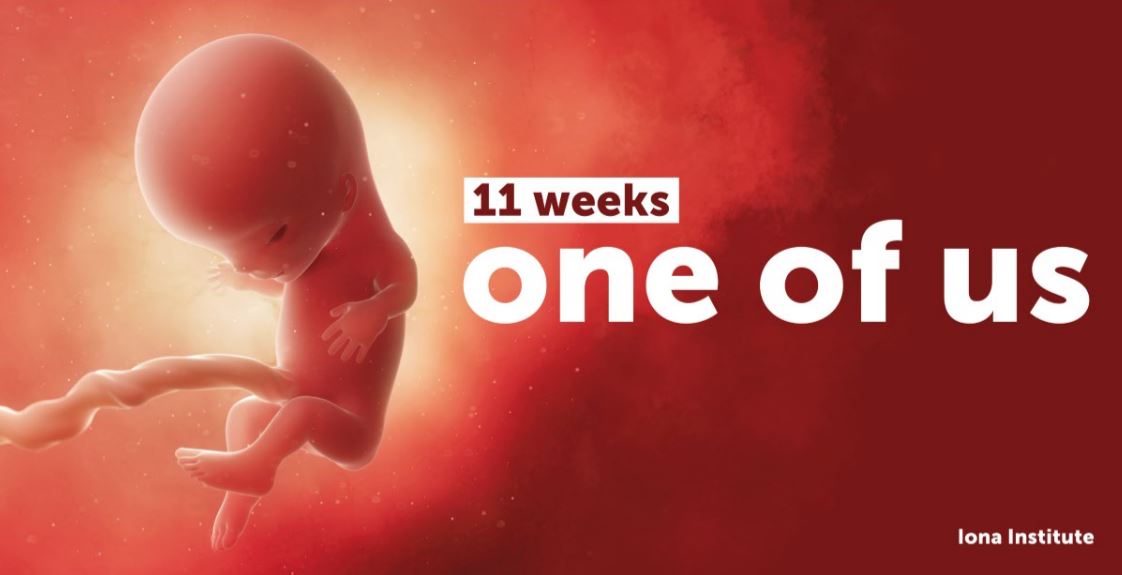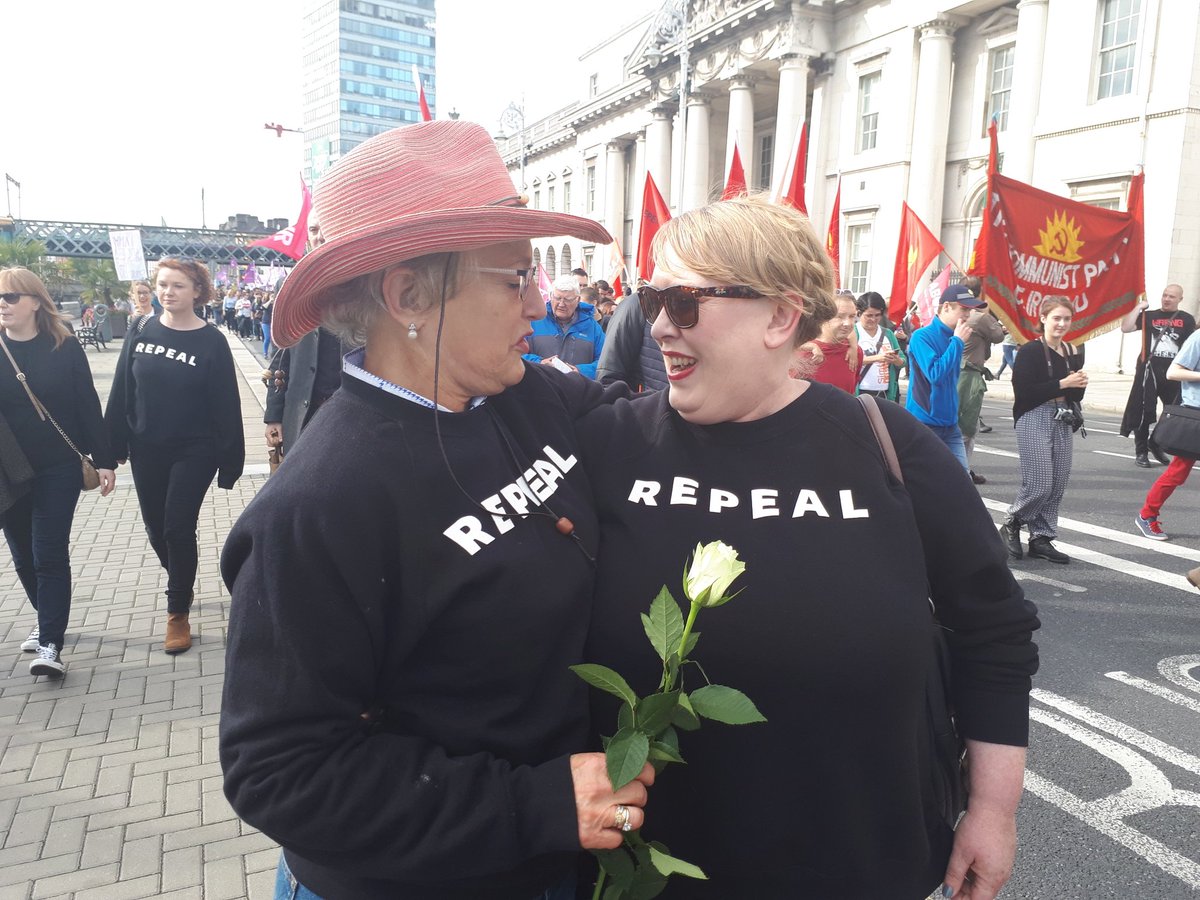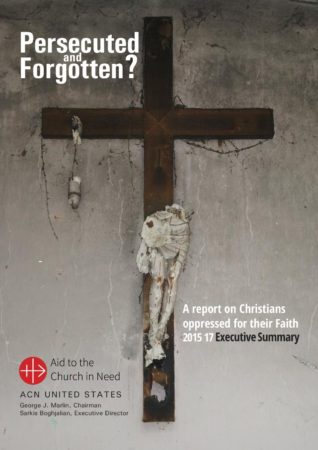
China’s communists have launched a new crackdown on religious faith with party members being threatened with ‘ thought education’ unless they shed their beliefs.
President Xi Jinping’s increased crontrol of party members begun six years ago when he took office. Xi has accrued more power than any of his immediate predecessors and has intensified efforts to ensure cadres are ‘loyal, disciplined, and law-abiding’. A new clause in the updated discipline rules takes aim at party members who are religious. While the country’s constitution guarantees freedom of religion the party is officially atheist and party members are supposed to be too.
“Party members who have religious belief should have strengthened thought education. If they still don’t change after help and education from the party organisation, they should be encouraged to leave the party,” the new rules say. Those who attend “activities that use religion for incitement” will be expelled, according to the rules.

More than one million people tuned in to watch at least some of Sunday’s Papal Mass on RTÉ, figures released on Monday show. TV viewing data show that over 1.8 million viewers tuned in to RTÉ’s special live television coverage of Pope Francis in Ireland across the entire weekend.
An average of 535,000 viewers watched the full Papal Mass on RTÉ One television in the Republic of Ireland alone, while a huge audience of 1.1million viewers tuned in at some point during the broadcast.
On RTÉ2, the Festival of Families concert event in Croke Park on Saturday evening saw 379,000 viewers watch the full four hour programme, with a peak of 570,000 viewers all watching at one stage.
Besides those who viewed Sunday’s mass at the Phoenix Park directly on TV, there was another 300,000 streams of RTÉ’s online platforms which attracted audiences in 159 different countries, including Iran, Papua New Guinea and Swaziland. RTÉ also shared footage of the visit with more than 75 broadcasters worldwide.

Women in England will be allowed to take an abortion drug at home, under a new government plan due to take effect before the end of the year.
The Society for the Protection of Unborn Children, however, said the move “further trivialises abortion”.
“The abortion pill puts women through a terrible emotional and physical ordeal,” a spokesperson said. “The determination of the abortion industry to push women to undergo this in their own home with no real medical supervision illustrates their cavalier attitude when it comes to the well-being of women.”
Currently, women ending a pregnancy in its first 10 weeks must take two pills at an abortion clinic, 24 to 48 hours apart. After taking the second dose, they leave the abortion clinic and wait for their unborn child to miscarry. Sometimes, this occurs while the women are on their journey home.
Under the new plans, which will bring England into line with Scotland and Wales, the second pill can be taken at home.

Abortion and neglect of the elderly were condemned by Pope Francis in his homily at mass at the Phoenix Park on Sunday. Speaking to a crowd of several hundred thousand people, with many more watching on television, the pontiff asked people to acknowledge the difficulty and reluctance they feel when it comes to doing what is right, especially for weaker and vulnerable people in society.
“How inconvenient to protect the rights of the most vulnerable, the unborn or the elderly, who seem to impinge upon our own sense of freedom”, he said.

The Taoiseach welcomed Pope Francis to the country in a diplomatic reception at Dublin Castle on Saturday where both set out the outlines of Church-State cooperation. He also criticised the Church over the abuse scandals.The Pope in turn had words to say about Ireland’s current trajectory away from Christianity and toward a consumerist, materialistic society.
Mr Varadkar told the Pope his visit had prompted reflection “on the relationship between Ireland and the Roman Catholic Church, a faith brought to Ireland centuries ago.” He noted the ongoing contribution of the Church to providing a social net for the poor, especially during the decades when the State provided none at all. He also mentioned where that shared cooperation had failed: “Magdalene Laundries, Mother and Baby Homes, industrial schools, illegal adoptions and clerical child abuse are stains on our State, our society and also the Catholic Church. Wounds are still open and there is much to be done to bring about justice and truth and healing for victims and survivors.”
He then asked the Pope to use his “office and influence to ensure this is done here in Ireland and across the World.”
In his response, the Pope said he was very conscious of those women and children and orphans who in the past endured particularly difficult situations. “With regard to the most vulnerable, I cannot fail to acknowledge the grave scandal caused in Ireland by the abuse of young people by members of the Church charged with responsibility for their protection and education.”
Francis said that true peace “requires constant conversion on our part, as the source of those spiritual resources needed to build a society of authentic solidarity, justice and service of the common good. Without that spiritual foundation, our ideal of a global family of nations risks becoming no more than another empty platitude.” He continued: “Can we say that the goal of creating economic or financial prosperity leads of itself to a more just and equitable social order? Or could it be that the growth of a materialistic ‘throwaway culture’ has in fact made us increasingly indifferent to the poor and to the most defenceless members of our human family, including the unborn, deprived of the very right to life?”

‘Day-care is too expensive, Children’s Minister, Katherine Zappone has said. Minister Zappone wants State subsidies to day-care centres increased even though CSO data show only a small minority of parents want to put their children into full-time day-care. Minister Zappone was responding to a new survey which shows the high cost of full-time day-care.
A Newstalk survey found that the average national monthly cost is now €745. That is an increase of €40 from back in 2013.
The county with the highest costs is Dublin, which has now climbed to an average of €1,047 per month – an €84 increase from five years ago – when Newstalk conducted a similar survey. The county with the lowest costs is Longford with an average monthly charge of €650.
Speaking to Newstalk Breakfast, Minister Zappone said: “It’s too much for parents to pay, I accept that.”

Politicians in California are pushing a bill to compel all of the state’s public universities to dispense abortion pills to students.
At least one of California’s university systems, California State University, is reluctant to participate, and has rightfully expressed concern that its campuses are ill-equipped to deal with the risks of a medication abortion. Those risks are not negligible, nor are they hearsay. According to the US Federal Drigs Authority, at least 22 women have died after taking the RU-486 regimen, and many others have had serious complications, with nearly 600 women experiencing such severe blood loss that they required transfusions.
Pro-life advocates have reacted with horror to the news. Lila Rose, president and founder of the national pro-life organization Live Action, said the bill sends a demeaning message to female students that the only assistance their universities are willing to offer them if they become pregnant is abortion. It also flies in the face of California’s own progressive ideals, she said, by telling young women that the price for staying in school is to end the lives of their own babies.

In 2016, the share of babies born to unmarried mothers in the US fell below 40%, the first time it has been that low since 2007 while a rising share of kids are being born into two-parent homes. It isn’t just about the share of births to unmarried mothers that has declined. The absolute number of such births is falling. Since the recession, unmarried births have fallen, while births within wedlock have risen slightly.
According to Lyman Stone, a Research Fellow at the Institute for Family Studies, this is important for the child, as having two parents in the home is good for child outcomes, but also for adult parents, as being able to share childrearing and work reduces the economic and personal burdens of parenting.
Nonetheless, a deeper dive into the figures shows that unmarried childbearing is actually rising within each educational sub-group of US society. The society-wide move away from a married two-parent family norm is continuing: for each educational group, more kids are born outside of marriage.

The Rwandan Catholic bishops’ conference urged the government of President Paul Kagame to preserve religious rights after government officials closed thousands of churches and mosques. The buildings remained locked because of what the government said were health and safety issues, including lack of toilets, plastered walls and paved access roads. “Most Catholics are shocked and disappointed; they don’t understand what’s happening and why there’s been no explanation,” said Father Martin Nizeyimana, the Kigali-based bishops’ conference secretary-general.
“If measures are taken to protect the safety of people, this is good, but they should be explained, so people don’t just arrive and find their church closed,” he said. “It was all very badly handled,” he told Catholic News Service Aug. 14. He said the sudden closures had “deeply affected” Rwanda’s Catholic Church, especially in rural areas, forcing the suspension of Masses and priestly ordinations.
“Certainly, religious freedom is proclaimed under our constitution. But if they start closing churches without any warning, we quickly see a gap between law and reality. What’s most important now is to ensure our church’s mission can continue here,” he told CNS.

A pastor had to escorted out of a conference and back to his church under police protection, a Roman Catholic Cathedral sustained heavy damages during a night-time attack, a Christian radio station was vandalised, and prolife activists have endured “slander and abuses”. These are some of the incidents involving the Green Kerchief militants who most recently led the drive to introduce an extreme abortion law to Argentina and who have also been to the forefront in promoting the legal imposition of a radical redefinition of sex and gender. A bid to liberalise Argentina’s abortion law was defeated in the Senate last week.
The NGO “Pro-Life Unity Neuquén and Alto Valle” has condemned the incidents. Pro-abortion and LGBT activists “should not shut down the freedom of speech they themselves preach,” they said in a statement. The group denounced “the sequence of events which attempt against fundamental freedoms of the pro-life sectors”. A “religious worship service had to be cancelled after the attack of Green Kerchiefs, with stones and Molotov cocktails”. But also “attacks in the media against an educational institution just because it teaches values which are part of its vision” are not acceptable. The NGO refers to the campaign against the faith-based school AMEN, run by a Baptist church. These kind of public pressures have also been frequent in the social media in the last weeks, during the social debate around the Argentinian abortion law. The pro-life group in the province calls for “tolerance, freedom and justice, because we live in a democracy.”